California Dealers Say Scout’s Direct Sales Model Is Illegal
The powerful California New Car Dealers Association (CNCDA) has asked Scout to stop taking refundable deposits for the two electrified off-roaders it unveiled in October 2024. The group claims that Scout’s plan to sell the Traveler SUV and the Terra pickup directly to buyers is both illegal in California and wrong.
CNCDA, whose stated goal is to “protect both the franchise system and California consumers while promoting legal and ethical business practices,” claims that Scout’s direct sales model is a violation of California Vehicle Code section 11713.3(o), a recently adopted law that prohibits manufacturers from competing with their franchisees. The accusation hinges on the company’s ties to Volkswagen.
Volkswagen stresses that Scout Motors operates as an independent entity, according to industry trade journal Automotive News (subscription required). If that’s the case, it’s exempt from the law highlighted by the CNCDA. However, a cease-and-desist letter written by Los Angeles-based law firm Glaser Weil on behalf of the dealer body argues that Scout is considered an affiliate of Volkswagen under California law.
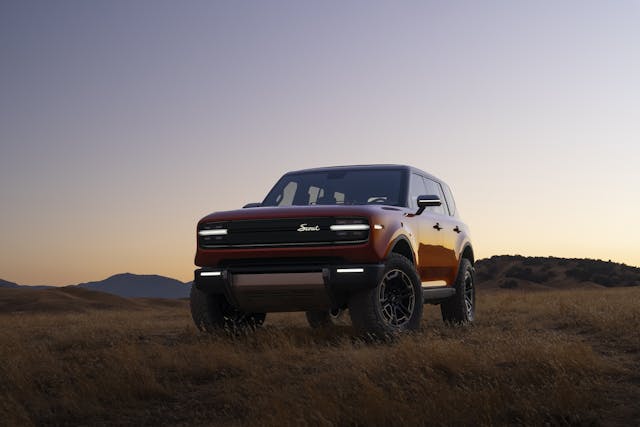

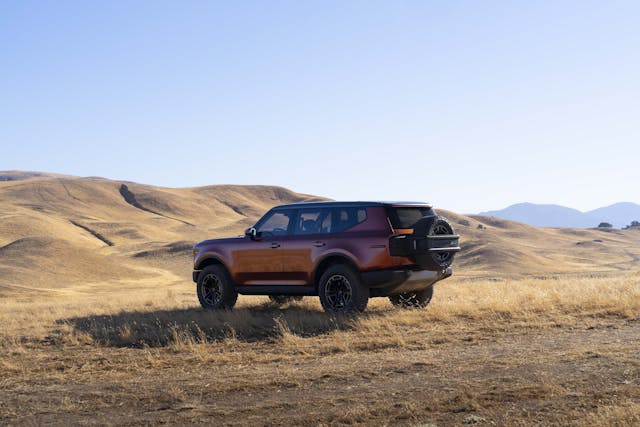
“Since as early as 2022, Volkswagen has been directly and substantively involved in Scout’s development and revitalization of its vehicles, including Volkswagen’s investment of billions of dollars into a Scout production plant in South Carolina,” the letter states. It adds that Scout’s ties to Volkswagen make the direct sales model illegal because the law clearly bans carmakers from competing with their own dealers.
What about Tesla? The brand remains allowed to sell cars directly to buyers because it doesn’t have a dealer network and never did. It’s not competing against franchise owners. The letter says that Scout, on the other hand, either needs to sell cars through its own dealer network or through Volkswagen stores to avoid breaking the law. The letter adds that selling Scout models through another Volkswagen-owned brand’s dealer network, like Lamborghini, would be acceptable, though we don’t see that happening.
Reading between the lines suggests that dealers are worried about missing out on an additional product to sell. “[The] current plan to sell Scout vehicles directly to consumers in California wrongfully cuts new and existing Volkswagen dealers out of an opportunity to sell Scout vehicles,” the letter points out.

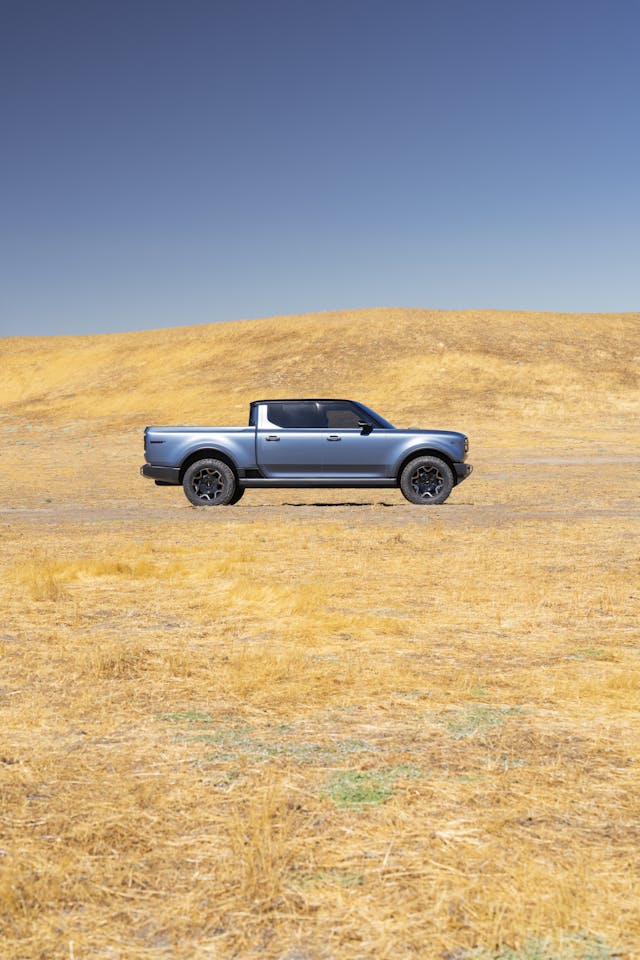
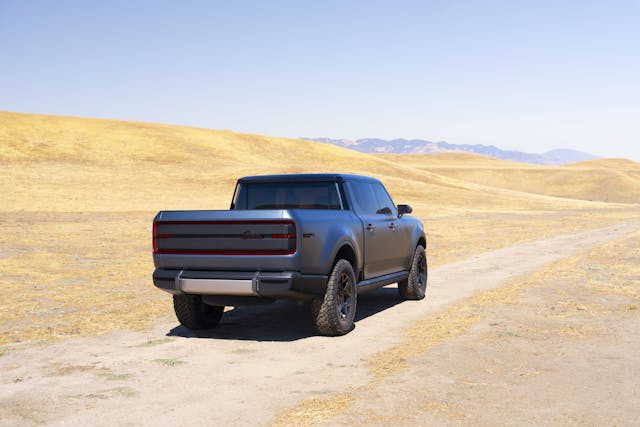
Scout started taking $100 refundable deposits for the Traveler and the Terra on October 24, 2024. Both models are tentatively scheduled to enter production in a new facility located in South Carolina in 2027.
This could ultimately snowball into a big deal. The CNCDA threatened to take immediate legal action if Scout doesn’t stop collecting deposits from California residents. If the matter lands in court, Scout could end up fighting an expensive legal battle before it can sell vehicles in the nation’s largest EV market. Numerous other states ban the direct sales model, including Alabama, Kansas, South Carolina, and Texas. Several others, such as Maryland and New York, place a cap on the number of direct sales outlets.
Scout told Automotive News that it has “sole oversight for engineering, design, and manufacturing” of its vehicles, and it refused to comment on the cease-and-desist letter. It directed all inquiries to Volkswagen of America, which gave Automotive News the “no comment” line. We’re guessing the war is far from over.



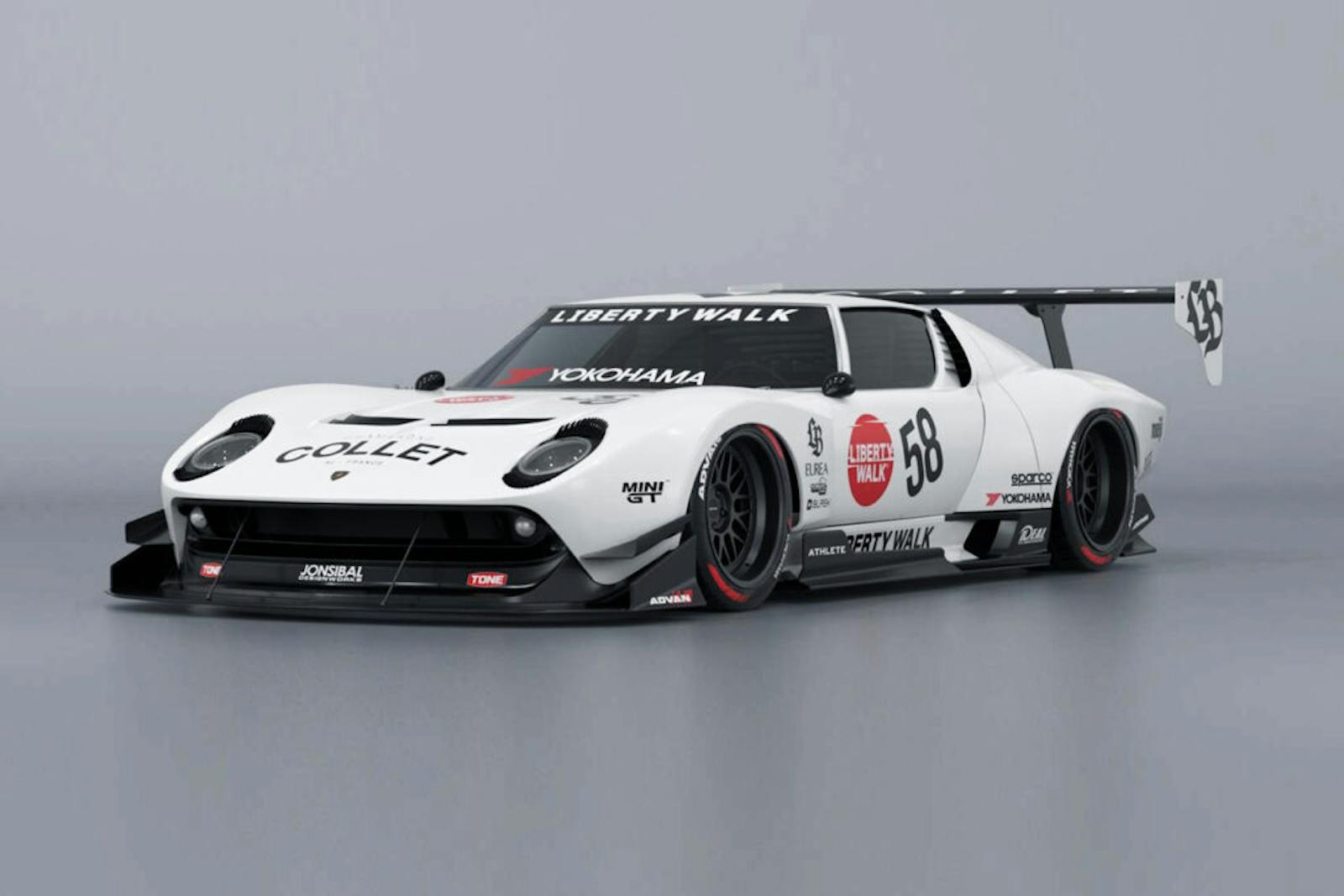
I wonder how Tesla skirts these supposed rules?
You need to re-read the article.
I say again, electric cars are revolting!
TJ , wonder no more. As the article states Tesla has never had dealerships hence there is no competition other than with itself.
The article does not explain how this is different from Tesla. Yes, Scout is owned by the VW group but it is a separate company. There have never been Scout dealers before; Scouts were previously sold through International dealers.
There are 3 Tesla dealerships in CT alone
They will not be out until 2027. This is almost like the Bronco introduction that took years.
Dealerships are like taxi medallion holders — old-economy holdovers. Regulators have a responsibility to prevent their investments, made under a legal (quasi-) monopoly, from being devalued without adequate notice or compensation. But that does not have to mean that Uber or Scout ought to be banned from the marketplace. Adequate regulations, phase-ins, and compensation can all be worked out if only government is allowed to do its job to protect the public interest (i.e., the orderliness and predictability of business conditions as well as the overarching interest of citizens-as-consumers).
Got to love the old dealer group, always looking out for themselves, err I mean the consumer?
Scout has no established dealers, so it should be able to do what Tesla does. Playing with that it is a division of VW is CNCDA just looking to find an angle with which to beat VW over legally. I frankly think these anti-consumer dealership rules need to be abolished. I’m not a fan of the new “Scout” but i don’t care how VW wants to sell them. Let the consumer decide if that works for them or not. CNCDA says “protect both the franchise system and California consumers”. Only the first part is true, they don’t care about the consumer, they are just pretending that they care.
Hit the nail on the head Gary. Realtors and car dealers have one interest.
Car dealers complaining about unfair and unethical business practices…that’s rich.
Why would anyone put a deposit on a vehicle that may begin production in two years? I must have missed the story about it being the most incredible advance in automotive technology. Perhaps it appeals to original Scout fans who want to relive the glory(?) days.
The dealers have been screwing us for years. I would LOVE for someone to eliminate this system.
Dealers long ago squandered any good will they may have had and now are resorting to the law to postpone their eventual demise. I wonder what the minimum final assembly requirement is to classify a vehicle as a kit…. install a battery perhaps?
Awright, bad example for an EV but I hope you get my point.